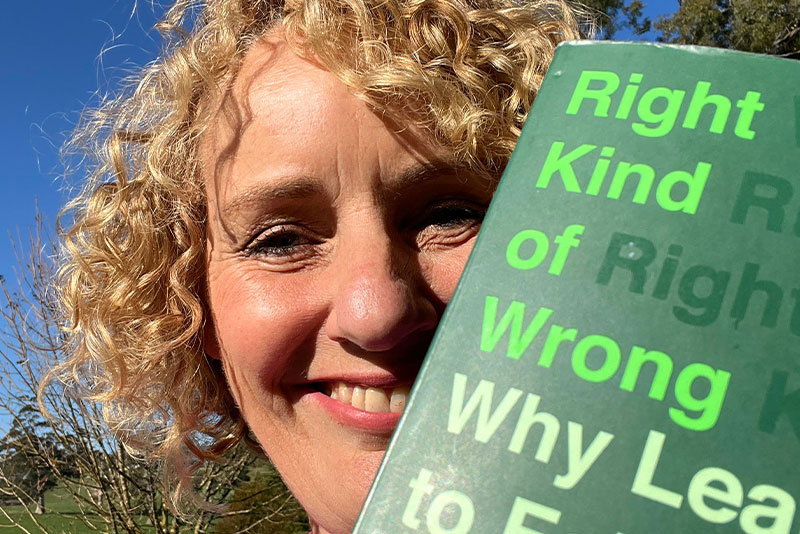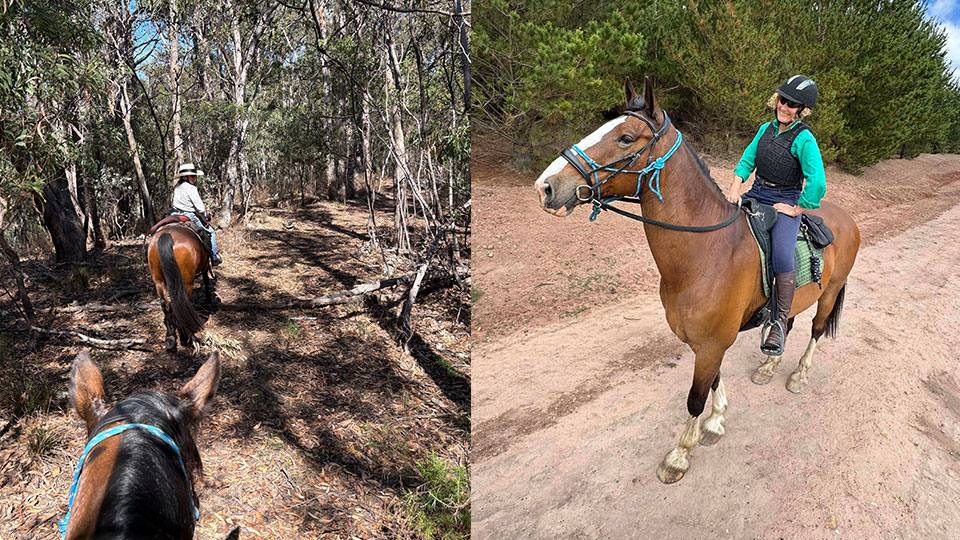
‘Fail fast!’
‘Sure we are good with failure.’
‘We are okay with failures as long as we learn.’
‘We want more innovation.’
‘We are risk averse.’
‘We talk about innovation, but failure isn’t tolerated.’
‘Failure is not okay here – we deal with human safety.’
Platitudes, contradictions, confusion. I have heard all these and more from leadership teams I work with. Our individual and organisational relationship – failure is fraught!
I recently read the latest book by Amy Edmondson (who introduced the concept of ‘psychological safety’) – ‘Right Kind of Wrong: Why Learning to Fail Can Teach Us to Thrive’. This book made me realise that getting clear on what failure actually is would help our conversations.
Defining Failure
Failure is an outcome that deviates from the desired results. For example, a technical implementation that doesn’t work, or a product that launches without the expected sales. In short, failure is a lack of success!
However, failure shouldn’t be confused with errors. Errors (or mistakes) are unintended deviations from prescribed standards, such as a patient receiving surgery on the wrong arm or a marketing email sent to the wrong database.
Violations add another distinction. Violations are when an individual intentionally deviates from the rules, such as choosing not to complete prescribed compliance checks or deliberately ignoring OH&S laws.
Reducing mistakes (and definitely violations) in your leadership is a worthy goal. Avoiding failures is not, because not all failures are bad.
Intelligent Failures
One line from Edmondson’s book that stands out is ‘A thoughtful hypothesis not supported by data is the right kind of wrong’. In other words, having an idea or hunch without enough data to support it, and conducting small experiments to test it. If they succeed, the hypothesis is firmed up; if they fail – an intelligent failure – more is learned about the situation.
But how willing are we to fail in this way, and how well do we learn from it?
Challenges in Failing Well
Edmondson states that failing well is hard for three reasons: aversion, confusion, and fear. We have an instinctive emotional response to failure, we lack good frameworks for understanding failure, and we worry about the social stigma of failure. I have seen all three in organisations and have definitely experienced them all myself!
Since reading this book, I have been reflecting on my own relationship with failure, particularly the need to be clear on my hypotheses, and playful in my approach. I’ve also been thinking about how to support leadership teams in overcoming their own aversion, confusion, and fear, so they can model a healthier response to failure for the whole organisation.
How could you shift your response to failure?
This is a book I highly recommend—I listened to the audiobook and read (and scribbled over) the paperback.
Go Fearlessly – Corrinne
STAY IN THE LOOP
Subscribe to our blog.
Exciting. Intimidating. Challenging. Encouraging. Discouraging. These are some of the emotions we face when we commit to mastering something new. The first time I gave a ‘speech’ was in my postgraduate year, presenting my research findings to fellow students and examiners. I was so nervous I felt sick. Afterwards, I felt proud of what I





